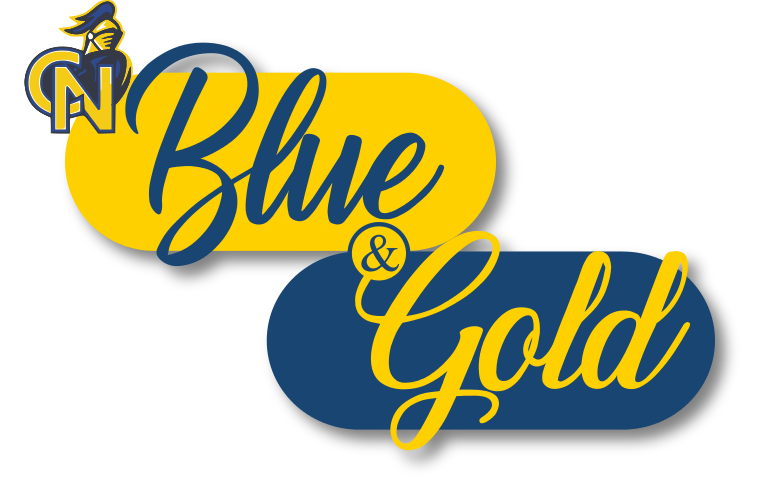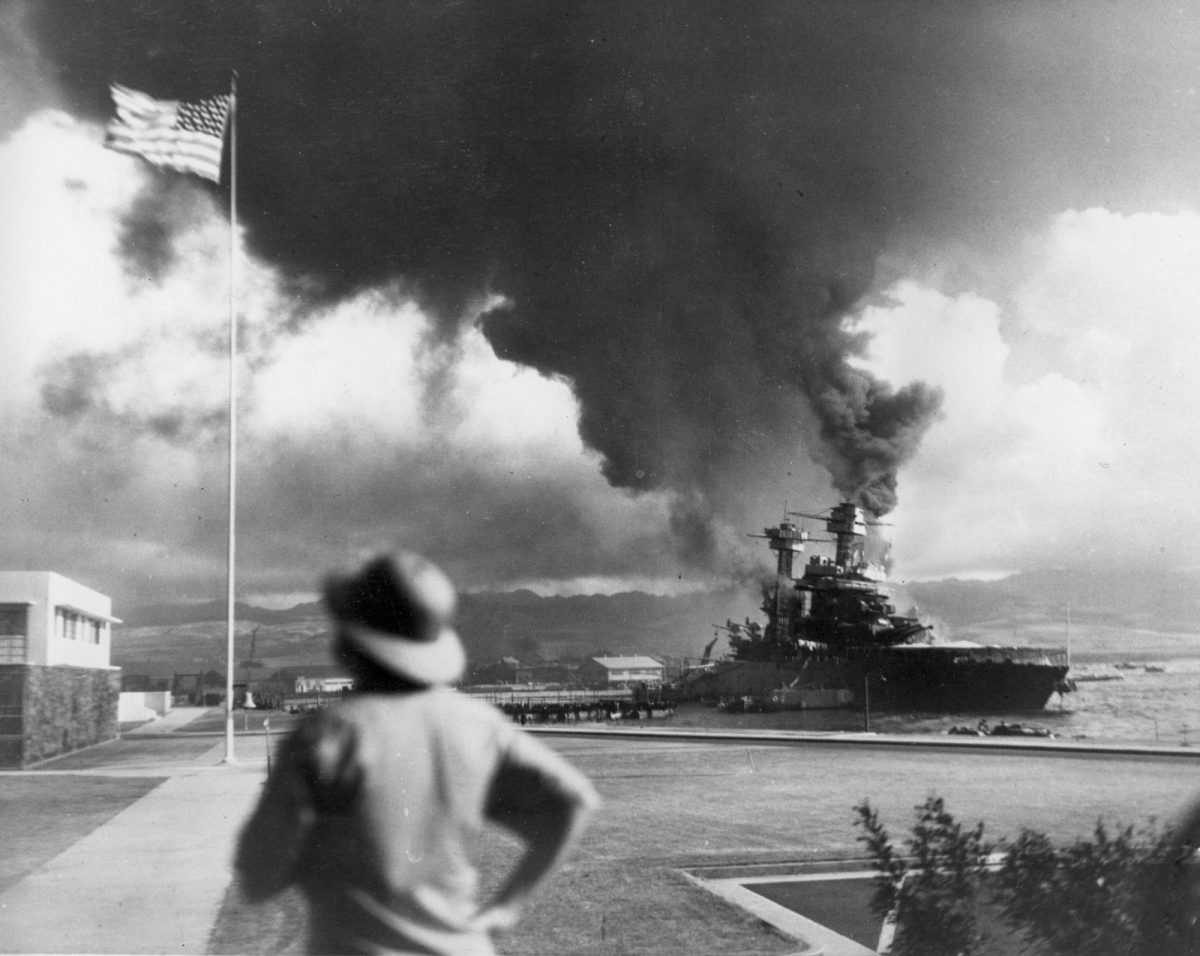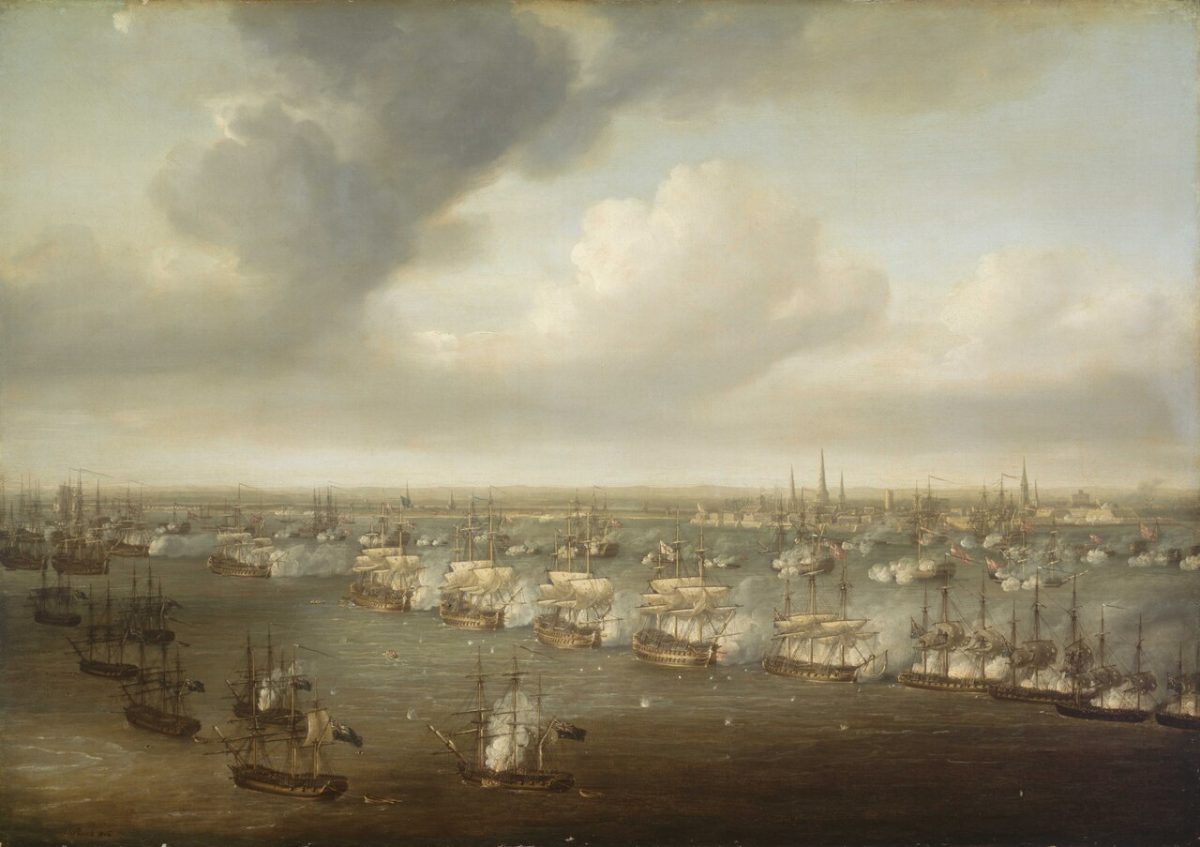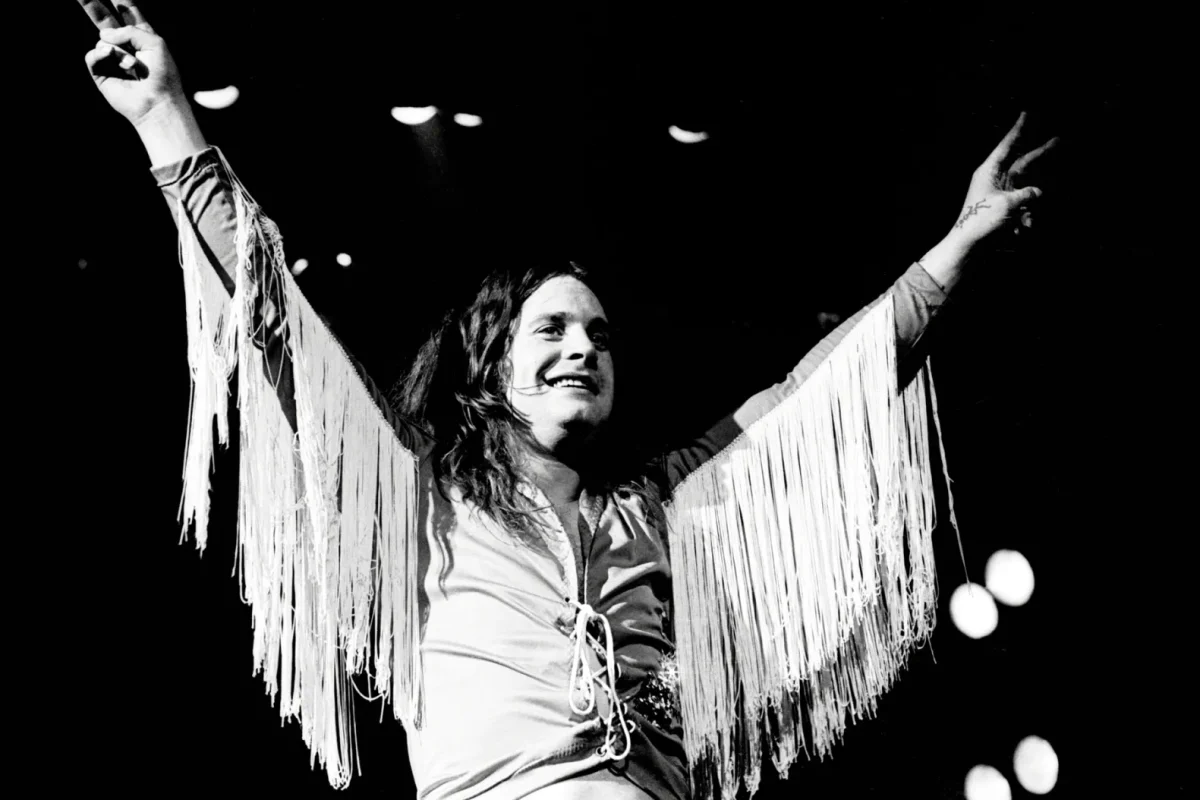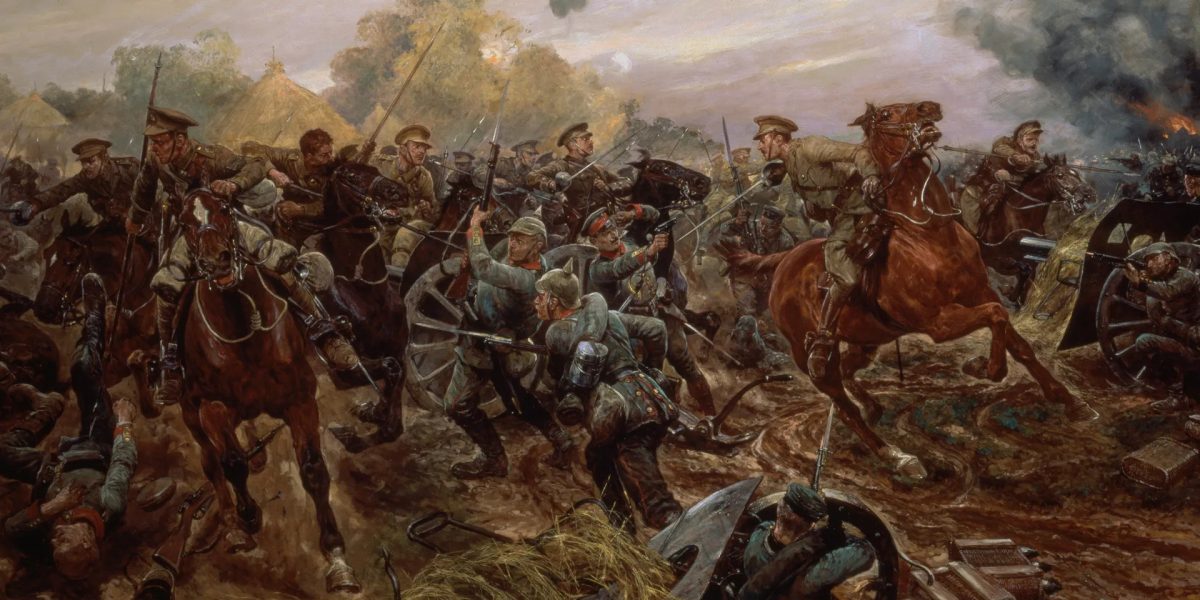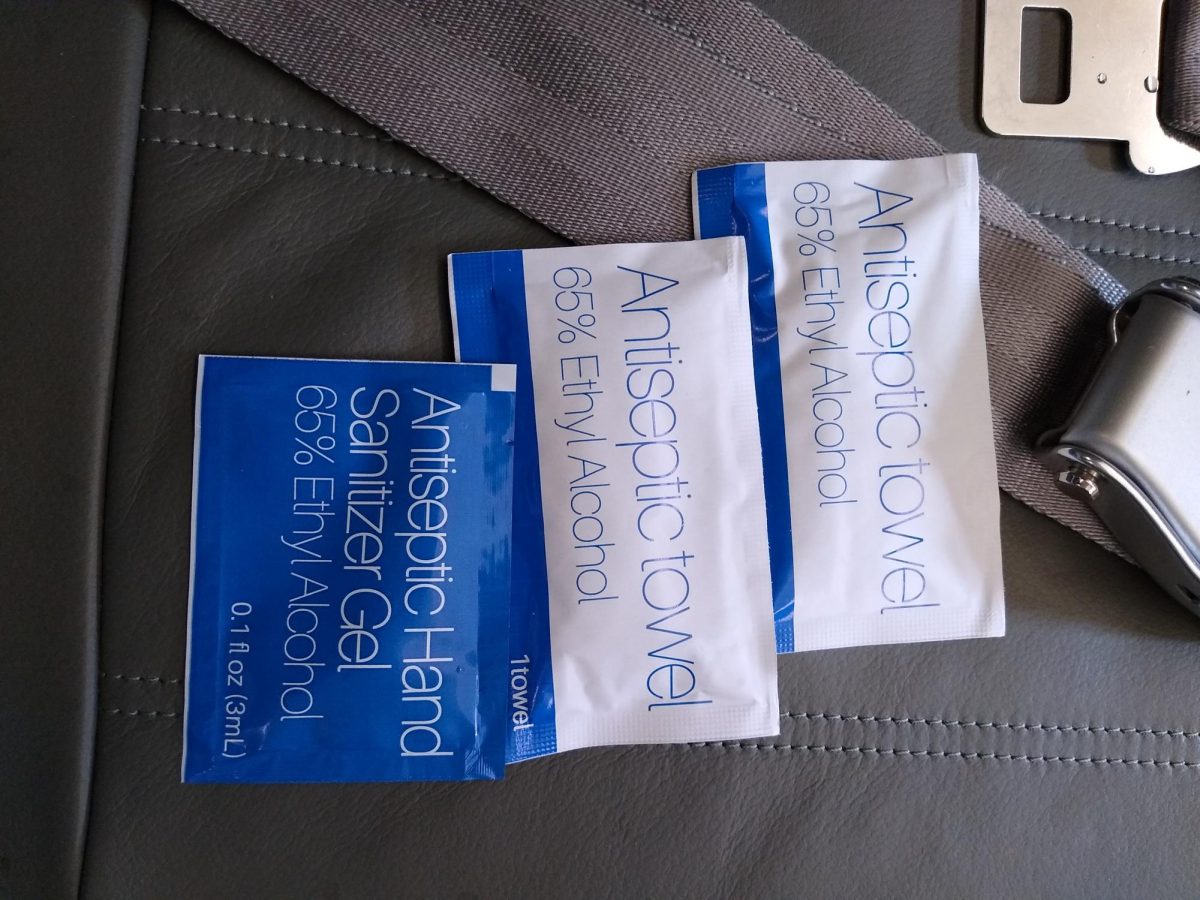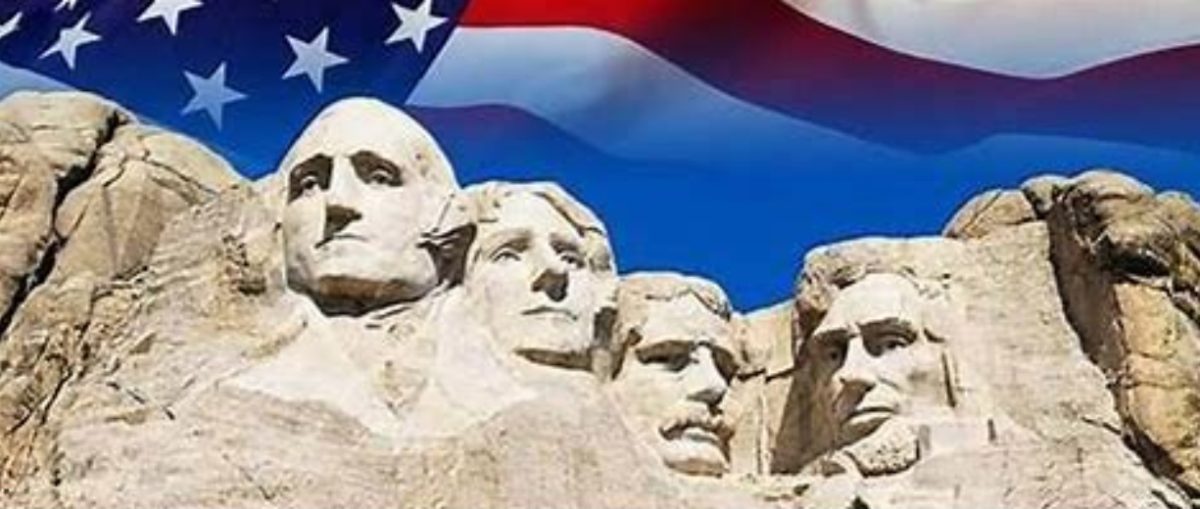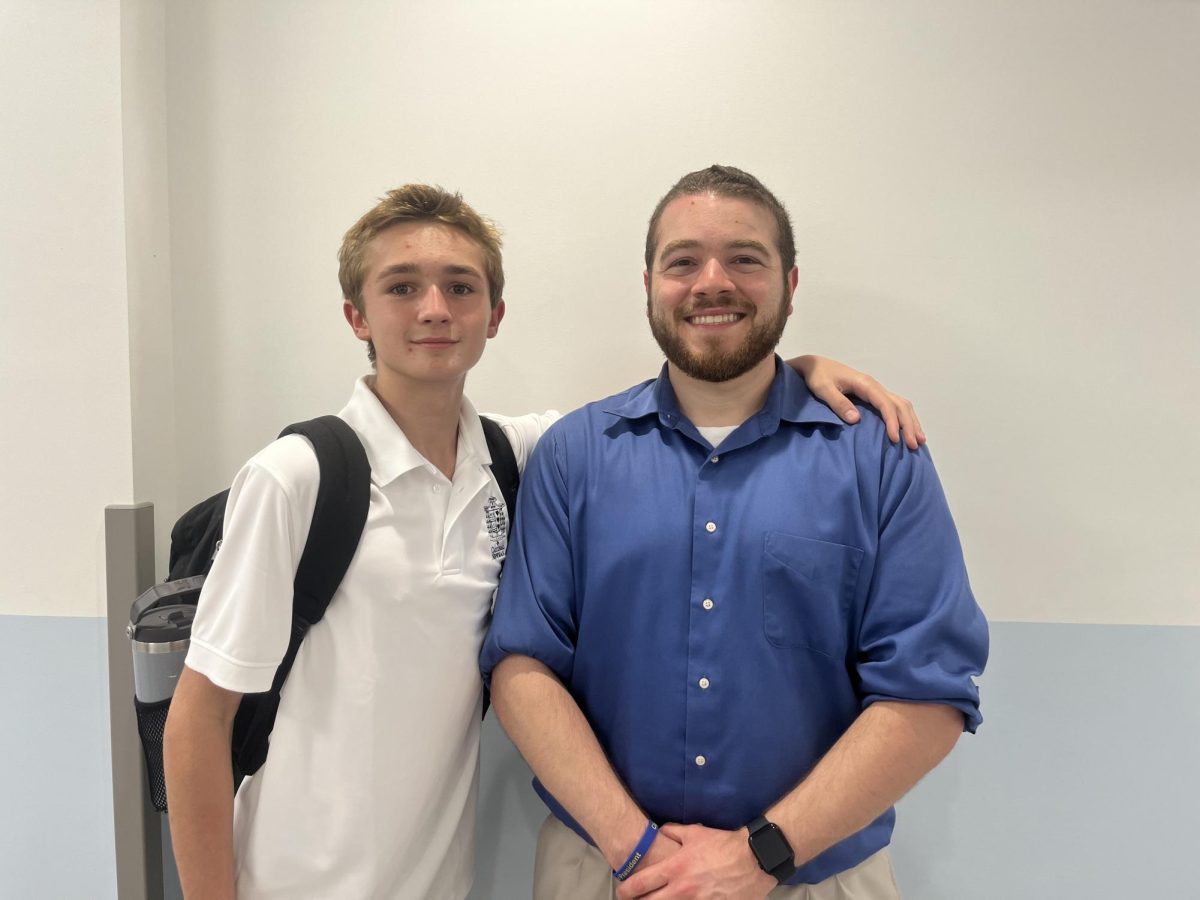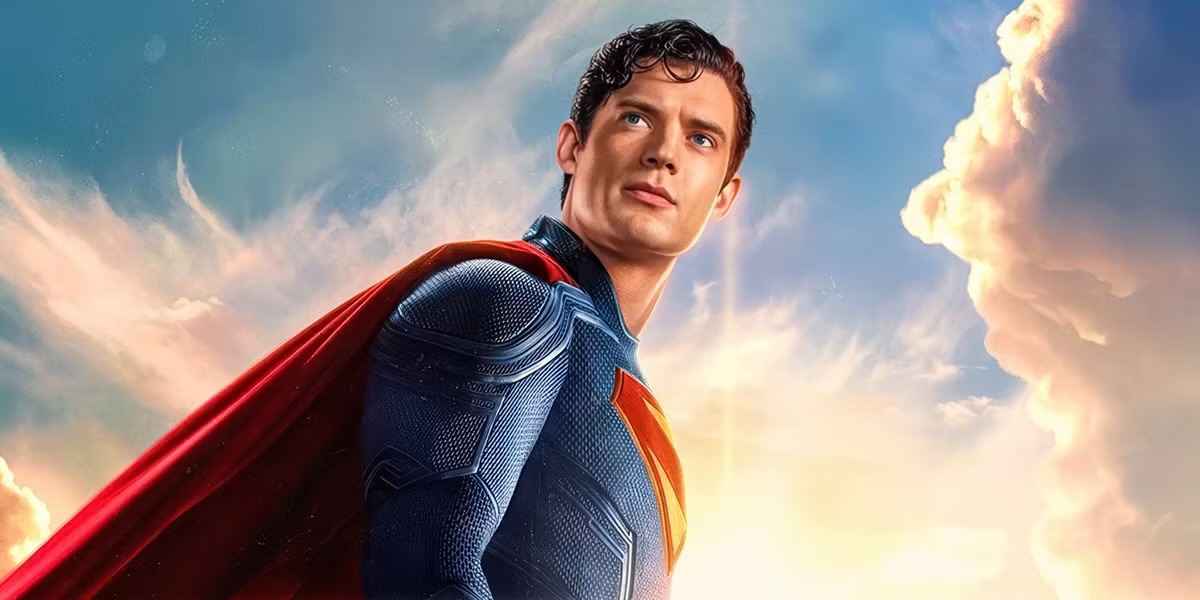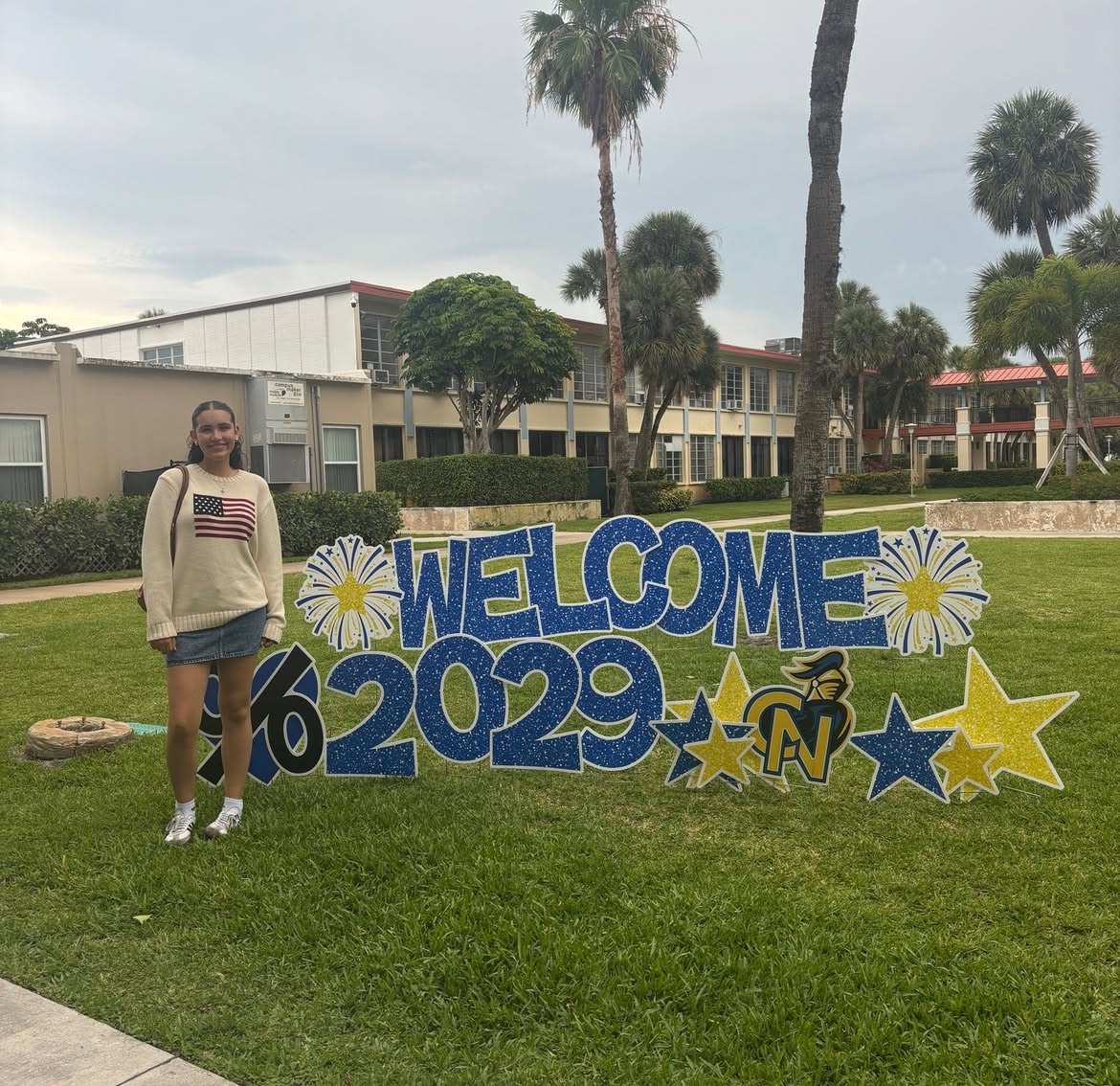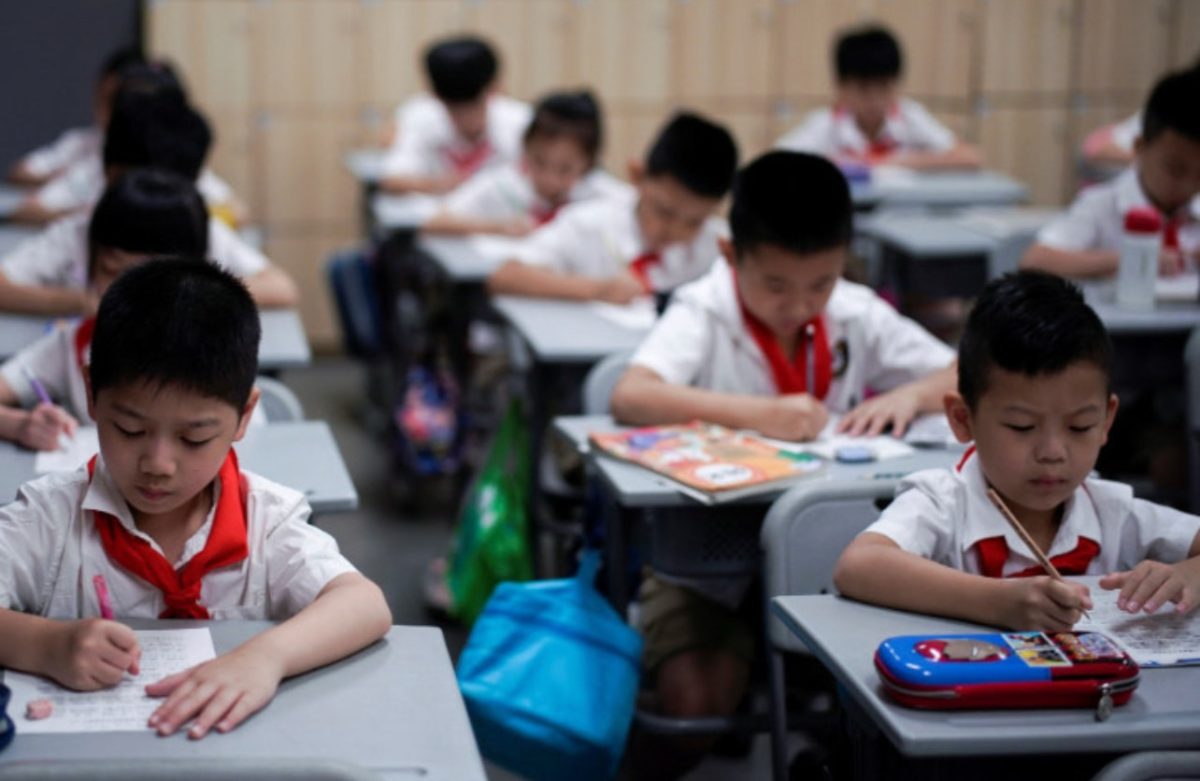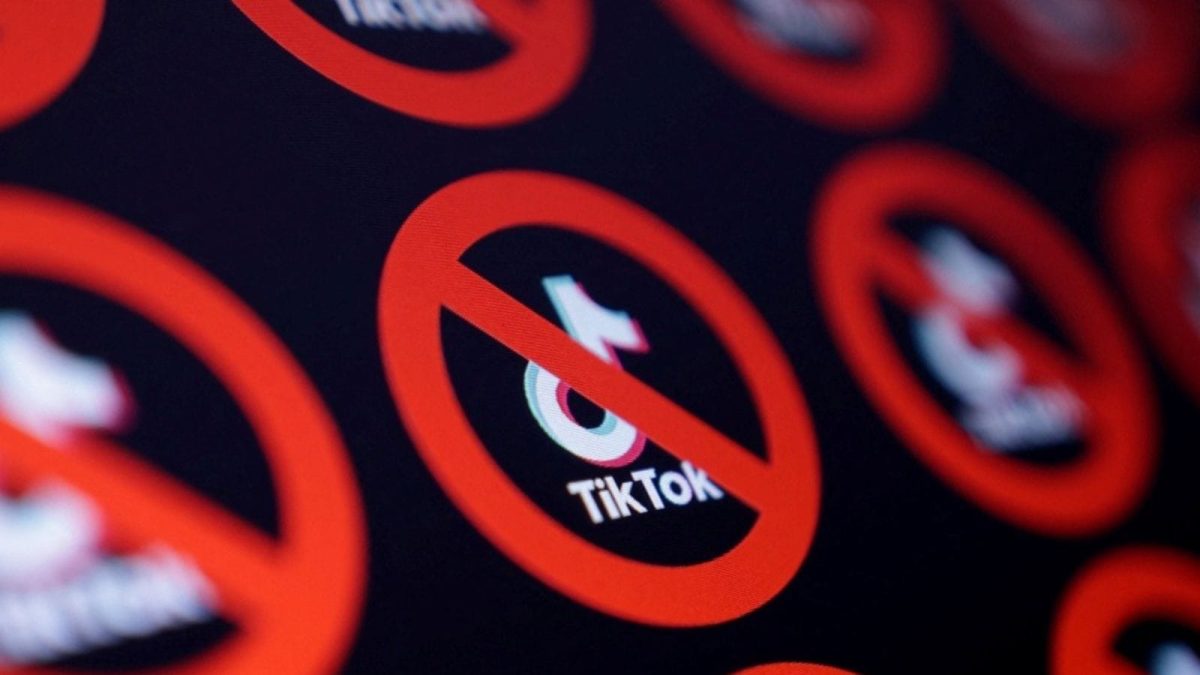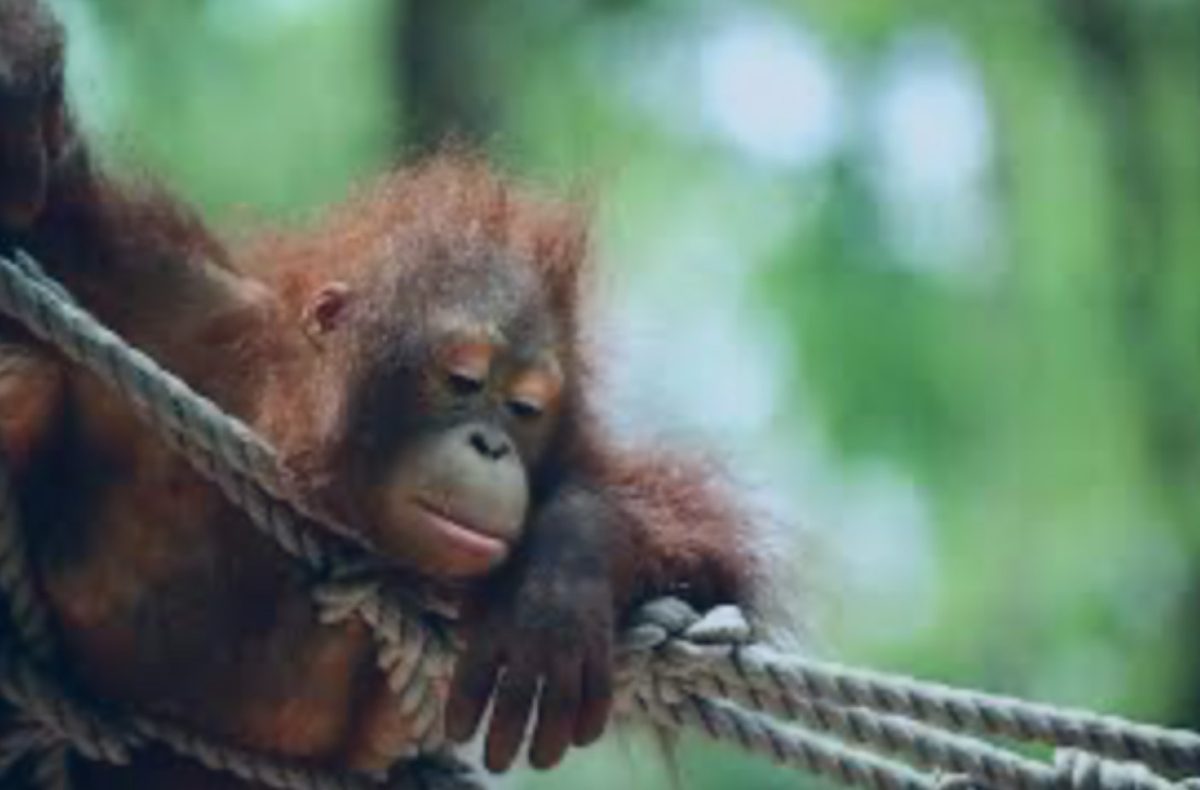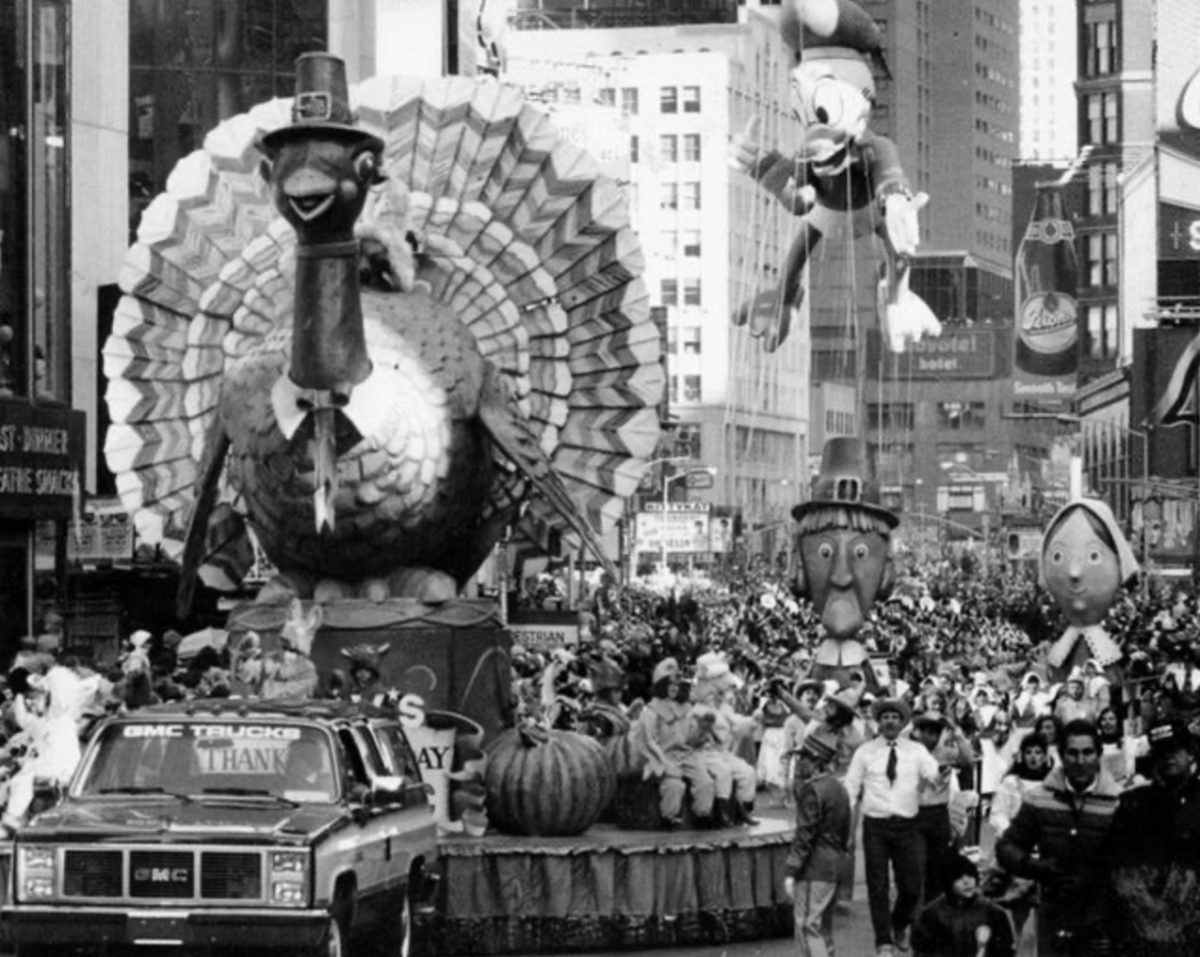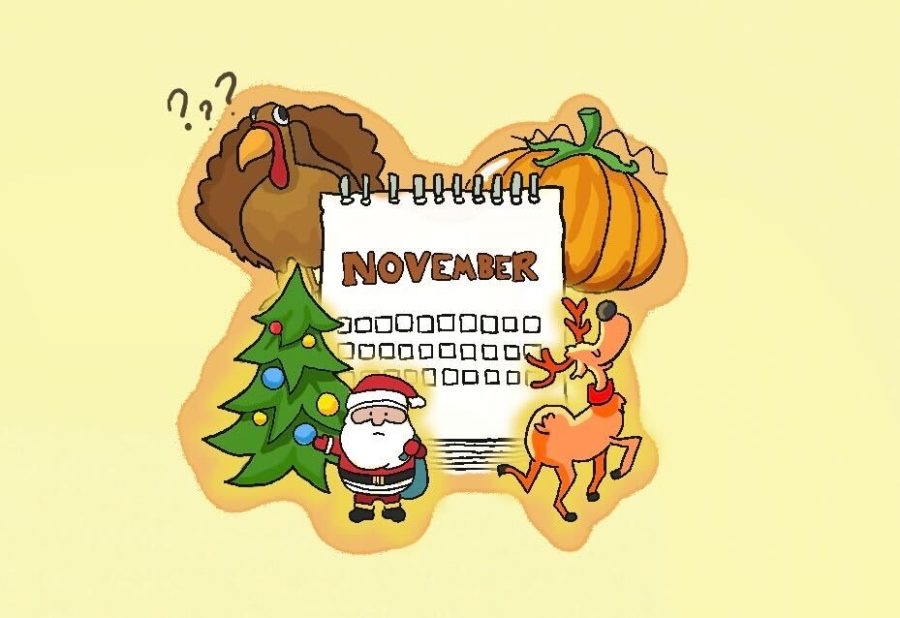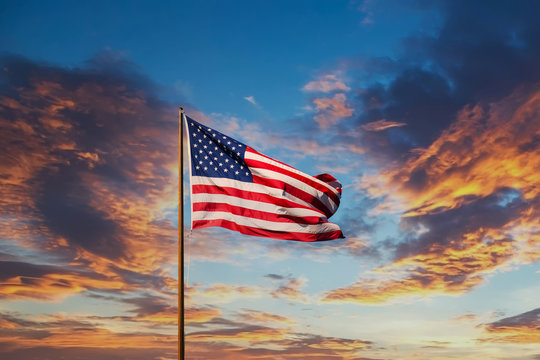On December 7, the United States of America celebrates Pearl Harbour Remembrance Day. It is one of the most joyful and yet the saddest days of the year. While many take the day as an opportunity to celebrate, others reflect on the meaning of the holiday: to remember those who fell valiantly defending their country on December 7, 1941.
After World War I, Japan began to expand in the Pacific Ocean. Seeking to gain access to natural resources the Japanese islands did not have, they began taking over neighboring areas. At the time, Korea had been held since 1910, and Formosa (Taiwan) since 1895. Japan began to encroach into resource-rich Manchuria, leading to the Second Sino-Japanese War, during which many atrocities were committed.
The U.S. imposed an embargo on Japan after French Indochina was taken in 1941. The U.S. Territory of the Philippines was nearby and a likely Japanese target, along with the Dutch East Indies also being under threat. However, Japan did not want to attack immediately, as that could cause American retribution and certain defeat. Instead, Admiral Yamamoto, the Japanese commander, ordered an attack on Pearl Harbor, Hawaii, which was the base for the U.S. Pacific fleet, including eight dreadnoughts and three aircraft carriers. A knockout blow could keep the U.S. out of the war or at least weaken it. The Japanese assumed U.S. opinion would favor peace and they would cease to resist.
This was not the case. When six Japanese aircraft carriers steamed toward Hawaii, they were certain of a quick raid and the end to the war. The raid was successful. The battleship U.S.S. Arizona blew up. Oklahoma capsized. Shaw and Utah burned to hulks. West Virginia, California, and Nevada sank in shallow water, but were recovered. Maryland, Tennessee, and
Pennsylvania were damaged. No aircraft carriers were present or harmed. Hundreds of planes burned on the ground. Few were able to dogfight the attackers.
The attack killed 2,403 people and caused a cry for vengeance in the U.S. Everyone wanted to punish the Japanese for bombing Pearl Harbour, and the U.S. became committed to the war. It took 4 years, but on September 2, 1945, General Douglas MacArthur received the Japanese surrender. It ended WWII.
Today, we remember the sacrifice of those 2,403 servicemen and all who died in WWII. Let us be thankful to those men who died so we might all live in freedom.

